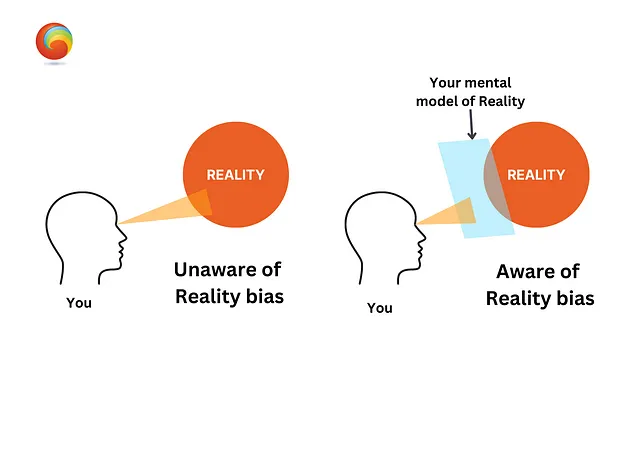Mental models are frameworks for understanding the world. They are the cognitive tools we use to interpret information, solve problems, and make decisions. By understanding these models, we can improve our thinking, decision-making, and problem-solving abilities.

Why are Mental Models Important?
- Enhanced Decision-Making: Mental models help us make better decisions by providing a structured approach to problem-solving.
- Improved Problem-Solving: By understanding the underlying principles of a situation, we can identify creative solutions.
- Better Understanding of Complex Systems: Mental models help us break down complex systems into simpler components.
- Enhanced Learning and Adaptability: By recognizing patterns and trends, we can learn more effectively and adapt to change.
A Curated List of Essential Mental Models
Here’s a curated list of essential mental models, categorized for easier understanding:
Fundamental Models
- First Principles Thinking: Breaking down a problem into its fundamental components to understand its core.
- Occam’s Razor: The simplest explanation is usually the correct one.
- Hanlon’s Razor: Never attribute to malice that which can be adequately explained by stupidity.
- Circle of Competence: Understanding the limits of your knowledge and expertise.
- Inverted Pyramid Principle: Start with the most important point and build on it.
Psychological Models
- Confirmation Bias: The tendency to seek information that confirms our existing beliefs.
- Survivorship Bias: Focusing on the successes and ignoring the failures.
- Recency Bias: Overweighting recent events and underweighting historical data.
- Availability Bias: Overestimating the likelihood of events that are easily recalled.
- Loss Aversion: The tendency to prioritize avoiding losses over acquiring gains.
- Anchoring Bias: Relying too heavily on the first piece of information encountered.
- Sunk Cost Fallacy: Continuing to invest in a losing course of action.
- Overconfidence Bias: Overestimating one’s abilities and knowledge.
- Dunning-Kruger Effect: People with low ability tend to overestimate their competence.
- Social Proof: The influence of social norms and peer pressure on individual behavior.
Business and Investing Models
- Competitive Advantage: The ability to outperform competitors over a sustained period.
- Moat: A sustainable competitive advantage that protects a business from rivals.
- Margin of Safety: A buffer against unexpected risks and uncertainties.
- Compound Interest: The power of reinvesting earnings to accelerate wealth growth.
- Value Investing: Buying stocks that are undervalued relative to their intrinsic value.
- Mental Accounting: The tendency to categorize and treat money differently based on its source and intended use.
Systems Thinking Models
- Feedback Loops: The concept of cause and effect, where actions can lead to unintended consequences.
- System Dynamics: Understanding the complex interactions between different elements of a system.
- Emergent Behavior: The idea that complex patterns can arise from simple rules and interactions.
Other Important Models
- Theory of Constraints: Identifying and addressing the bottleneck in a system to improve overall performance.
- Pareto Principle (80/20 Rule): 80% of the effects come from 20% of the causes.
- Murphy’s Law: Anything that can go wrong, will go wrong.
- Parkinson’s Law: Work expands to fill the time available for its completion.
- Peter Principle: Individuals tend to be promoted to their level of incompetence.
How to Apply Mental Models
- Identify the Relevant Models: Determine which models are applicable to the situation at hand.
- Understand the Core Concepts: Grasp the underlying principles of each model.
- Practice Critical Thinking: Question assumptions and challenge conventional wisdom.
- Seek Diverse Perspectives: Consider multiple viewpoints to gain a broader understanding.
- Continuously Learn and Adapt: Stay curious and be open to new ideas and insights.
By understanding and applying these mental models, you can improve your decision-making, problem-solving, and overall cognitive abilities. Remember, mental models are tools, and like any tool, they become more powerful with practice.
To delve deeper into specific models or explore additional ones, consider these resources:
- Books:
- “Thinking, Fast and Slow” by Daniel Kahneman
- “Poor Charlie’s Almanack” by Charlie Munger
- “Antifragile” by Nassim Nicholas Taleb
- Online Courses and Workshops
- Mentorship and Coaching
By consistently applying these mental models, you can unlock your full potential and achieve greater success in all areas of your life.

